EU suppliers wary about doing business in UK after Brexit, manufacturers warn
British manufacturers have warned that suppliers in the European Union have grown more cautious about doing business with Britain, as Brexit’s negative implications for the UK economy are not ceasing.
According to the manufacturers’ group Make UK, almost half of the British manufacturers in a survey of more than 100 leading industrial companies said their EU suppliers were wary about doing business across the UK, citing trade tensions and red tape after Brexit and broader economic tussling between the EU and the UK.
The trade body called for an urgent fundamental change in political and trading relationships with the EU, raising the alarm over the bloc’s reluctance about investing in the UK.
“We need to reset our political and trading relationship with the EU which has been marked by such rancor,” the chief executive of Make UK, Stephen Phipson, said in excerpts of a speech he was due to make at Make UK's annual manufacturing conference in London on Tuesday.
According to Make UK, more than 40 percent of manufacturers thought that, apart from economic issues, the ‘political chaos’ of the last year had damaged the image of the UK as a place for foreign direct investment.
However, the report showed damage to the UK’s image was not limited to partners in the EU, with 35 percent of manufacturers agreeing that suppliers from the rest of the world were also reluctant about investing in British companies.
Despite the “Windsor framework” deal, which was agreed to solve the dispute over the post-Brexit trade in Northern Ireland, many firms were looking to find suppliers closer to home, as well as diversifying their supply chains amid concerns over political instability.
The UK economy is experiencing its worst conditions in decades, with inflation soaring and the cost-of-living crisis weighing further on people’s lives.
Food prices, along with those of numerous other goods used in daily life, have increased primarily as a result of the rise in energy costs since the start of the war in Ukraine last year.
The surging costs and low incomes have prompted most of the labor forces in different industries to stage nationwide strikes, asking for fair payments.
Power generated by Iran’s only nuclear plant at over $8bn: Report
Israel’s Ben Gvir to Netanyahu: Bomb aid deliveries into Gaza
VIDEO | Israel seizes administration of Ibrahimi Mosque, sparking Palestinian outrage
UN envoy warns Israel against ‘unacceptable’ military escalation in Syria
Arab League endorses Egypt’s Gaza reconstruction plan at Cairo summit
Israel kills 4 more Palestinians in Jenin
VIDEO | Gazans observe Ramadan amid Israel’s violations
Iran court jails ex-ministers over role in massive corruption case


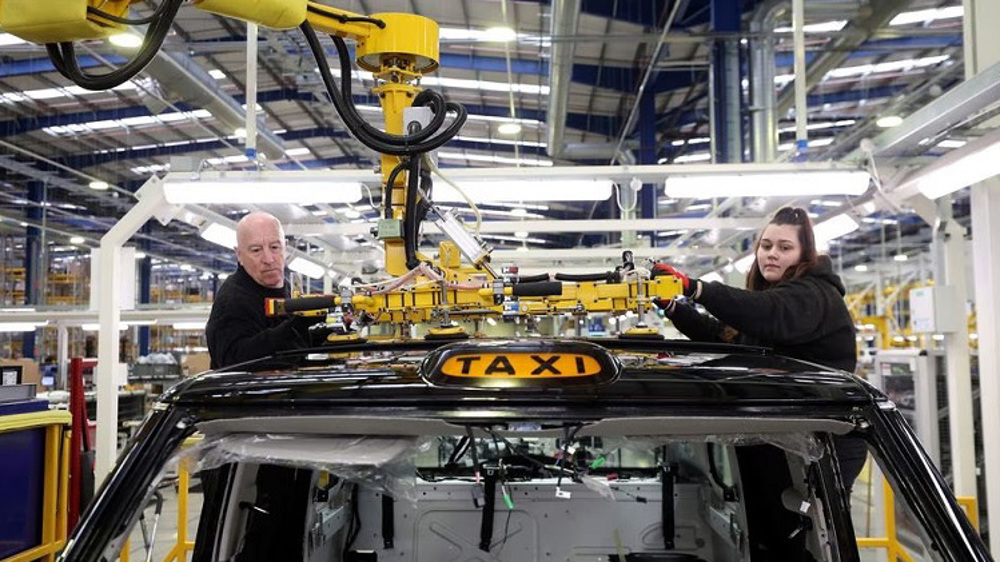



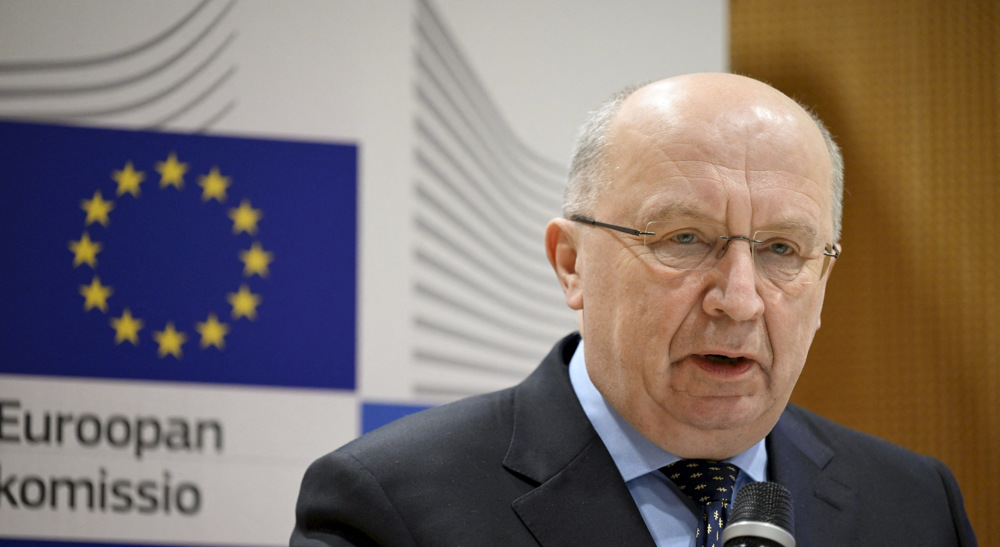




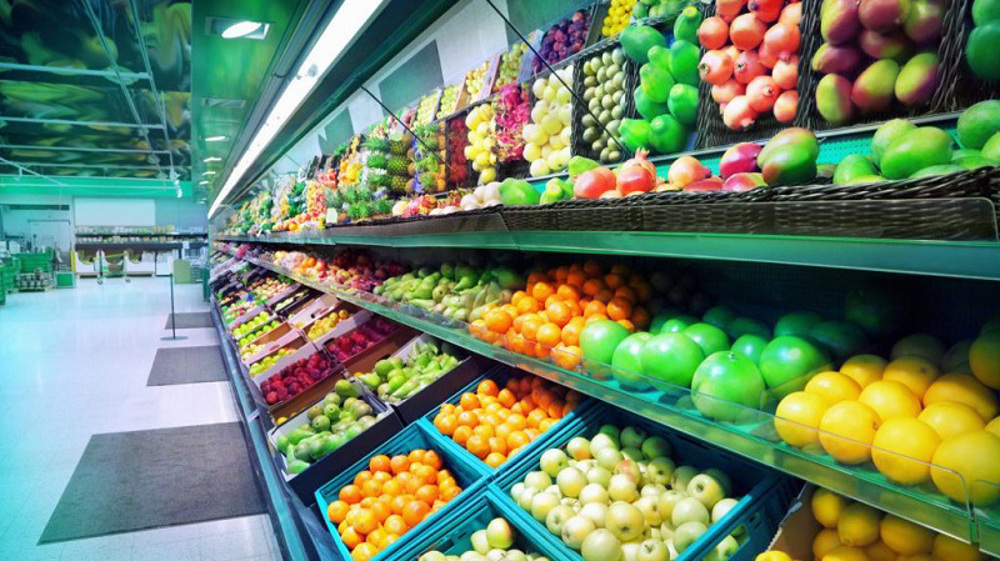
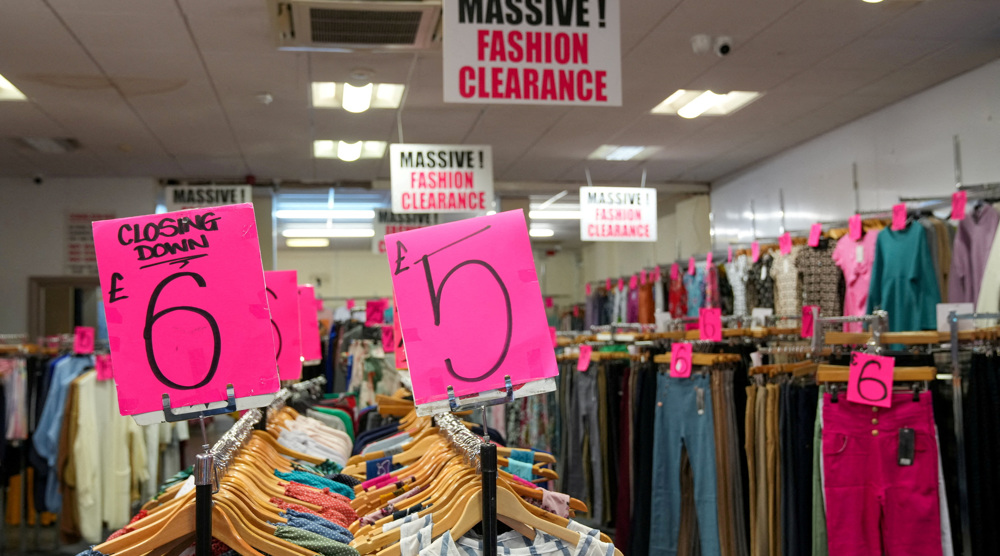

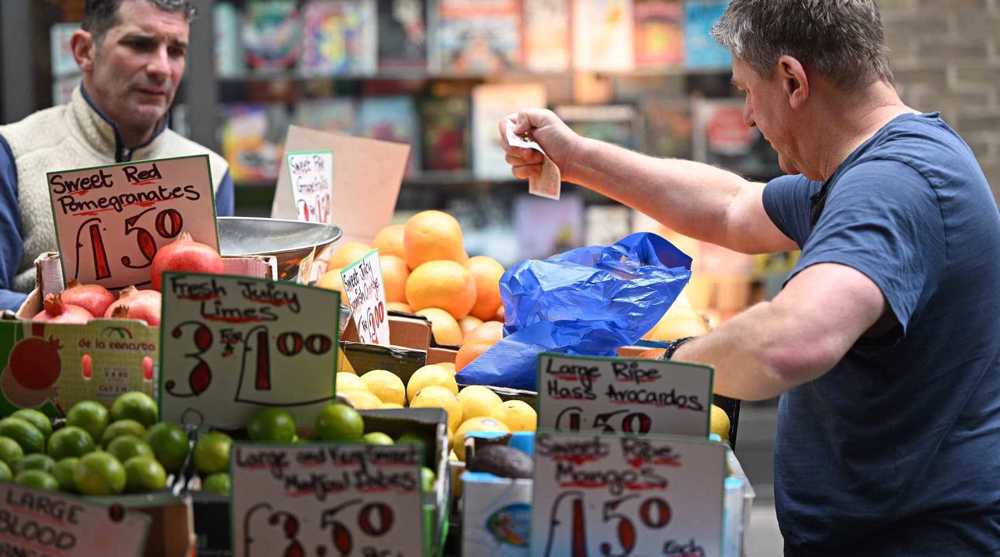

 This makes it easy to access the Press TV website
This makes it easy to access the Press TV website